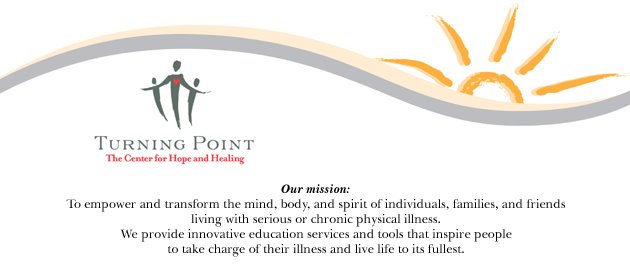In a holiday rut? If getting over the river and through the woods seems like an overwhelming challenge, perhaps it’s time to build your creative problem solving. Here’s how:
Write
- Record a stream of consciousness, capturing ideas as they occur, write about feeling every morning or evening. It will unclog the brain, lowering the noise level by moving or quieting emotions so ideas can bubble up.
- Pay attention to your dreams and keep a note pad by bed, write down ideas upon waking. Organic chemist Friedrich August Kekule had a dream about snakes biting their own tails; it led to his eureka moment when the next morning, he figured out that the chemical structure of benzene is ring-shaped.
Challenge your brain
- Find tough problems to solve.
- Assess constantly.
- Look for new and innovative ways to solve/think about a situation.
The brain is like a muscle. The more active it is, the larger and more complex it becomes. Eric Kandel won the Nobel Prize for showing that when people learn something, the ‘wiring’ of their brains change.
Broaden your interests/circle
- Learn interesting new things
- Seek out innovative, creative people and listen to them and see how they think and do things.
Take adventures once a week
- Do something outside the norm - go to a museum, a concert, out to the country, camping or hiking, find new places and experiences.
Take a break and do something different while your brain incubates
- Change activities, do something relaxing or fun, or mindless.
The brain needs space to assimilate and incorporate ideas. The Greek mathematician and mechanical wizard Archimedes was stepping into a bathtub when the principle of fluid displacement came to him.
Exercise
- Moderate aerobic exercise helps integrate insights and intuitions
Play
Creative revelations come to most people when their minds are involved in an unrelated activity. This is because the brain continues to work on a problem once it has been supplied with the necessary raw materials. Connections between ideas and imagination that already exist in the mind become weaker and are transformed by new information. A little relaxation and distance changes the minds perspective on a problem; the brain has the opportunity clear away thought barriers and newly combined associations break through.

